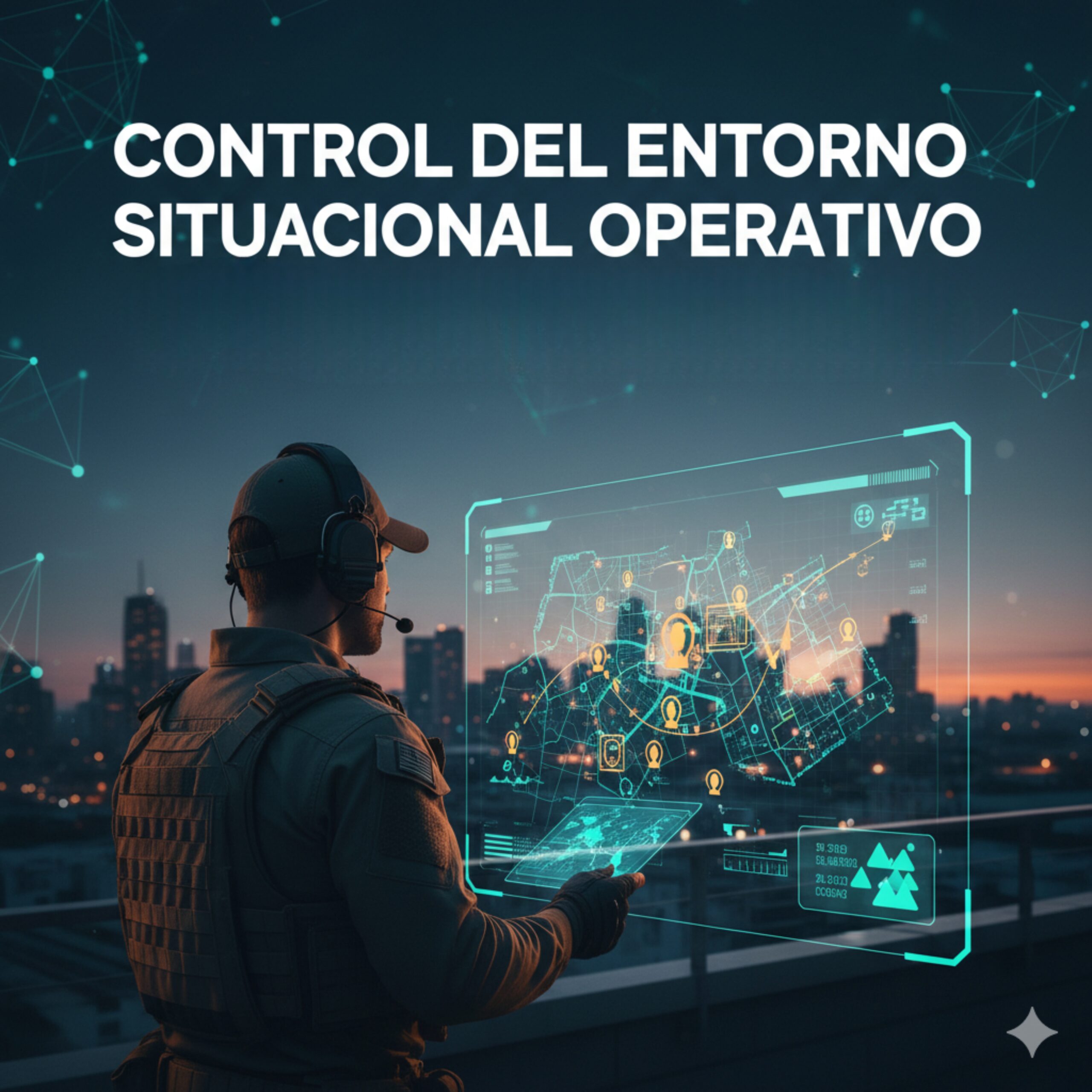Shopping cart
- Leading the training of the best professionals of the 21st century



Start Date: Contact us for more information.
The course “Control of the Operational Situational Environment” Offers advanced and strategic training for security professionals, emergency forces, and operations managers. Taught and developed by A-GLOSSThis program delves into the importance of environmental analysis, risk management, and the implementation of operational measures to ensure safety in complex and dynamic scenarios.
The course combines theoretical modules with a highly practical approach, including real-life case studies, simulations, forum discussions, and operational practice labs, both in-person and online. Teaching resources such as texts, photographs, graphics, risk maps, and online interactions are used to provide a comprehensive and interactive learning experience.
Initial list of topics and exercises that each module contains and that are developed throughout the course.
Syllabus content in web format with texts, photographs, images, graphics and necessary teaching resources that address the topics in each training session and serve as theoretical and practical support for the student's training.
Supporting documents that will serve as reading and analysis, complementing the content of the syllabus (articles, specialized journals, videos, technical reports, etc.).
Self-assessments at the end of each module to reinforce the concepts acquired.
Voluntary attendance videoconferences, recorded for later viewing.
Individualized tutoring that will provide ongoing support to achieve academic and professional goals.
Forums and messaging for direct interaction between students and teachers.
Specialized bibliography for the acquisition of updated theoretical and practical knowledge.
Carrying out individual research work as part of the training process.
Upon completion, participants will receive a certificate of completion endorsed by A-GLOSS, which will certify your knowledge and skills in operational management, risk assessment, and situational environment control.
Develop advanced skills for assessing the operational situational environment.
Implement real-time risk control and mitigation techniques.
Understanding the impact of emerging technologies on crisis management.
Promote teamwork and effective communication in critical situations.
Create operational response plans tailored to different crisis scenarios.
